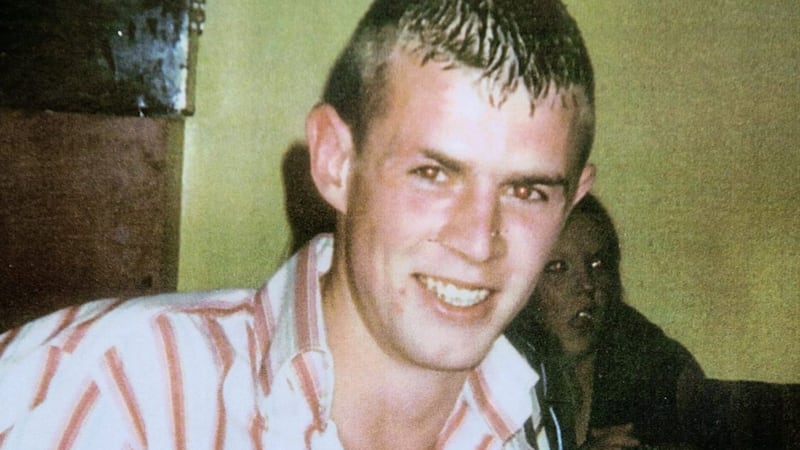At what point will post-Good Friday Agreement Sinn Féin have put enough distance between itself and pre-GFA Sinn Féin?
Or, putting that question another way, at what point will interviewers, columnists, victims of terrorism and political opponents stop raising questions about Sinn Féin's past, particularly its links with the IRA? Do we have to wait until every member of the Provisional IRA has died? Do we have to wait until every remaining victim of IRA terrorism has died? Do we have to wait until the regular commemorations of the 'fallen volunteers' have ended? Do we have to wait until a report from the commission monitoring paramilitary activity confirms that all the vestiges and structures of PIRA, including the army council, have been packed up and removed forever?
The only time Mary Lou McDonald looked stumped and stunned during the Leaders' Debate on Tuesday was when she was pushed on Conor Murphy's response to the murder of Paul Quinn 13 years ago. Up until that moment her performance had been reasonably assured; yet, once again, it was violence from the past and a Sinn Féin response to it which almost tripped her up. And it's that issue of Sinn Féin's past and links to the IRA which is still deployed by both Fine Gael and Fianna Fáil as a reason for not regarding the party as fit for coalition; even though Sinn Féin was leading the polls at the time of the debate.
What would happen, for instance, if Sinn Féin somehow ended up as the largest party on Saturday and McDonald got first go at forming a government? Would Varadkar and Martin turn her down even though her party had done better than theirs? RTÉ was more or less forced into allowing McDonald to take part in the debate on Tuesday, and even Varadkar and Martin made a very grudging, albeit very belated case for her to be included. Presumably they were taking note of the party's surge in the polls and wanted voters to know they were democrats?
Yet, unless Sinn Féin crashes and burns at this election, or maybe the next one, it looks like it is here to stay as a mainstream, reasonably popular party; the only one with a significant presence on both sides of the border. That presents a problem for those parties in both jurisdictions who regard themselves as 100 per cent democratic, because they are going to have to establish some sort of relationship with Sinn Féin. In Northern Ireland the relationship is built on mandatory necessity (which has led to enormous difficulty), but in the south it is happening because Sinn Féin has continued to grow and it will be difficult for the other parties to keep excluding it from a coalition if its mandate continues to expand.
It also presents a problem for Sinn Féin. The difficult, uncomfortable questions will continue to follow it for decades; and those questions will only become more penetrating if there is a border poll and Sinn Féin sets itself up as the key player in the unity campaign. I remember being one of the guest speakers at a unity event organised by Sinn Féin in Dublin's Mansion House a couple of years ago and telling the audience that their party was actually the worst one to try and sell unity to unionists. It wasn't just a case of the links to the IRA, it was also to do with the fact that even moderate unionists (people like myself, in other words) didn't trust Sinn Féin to tell the truth about the past, let alone acknowledge its role as a political/electoral comfort blanket for the IRA.
If Sinn Féin wants to be front and centre of what is sometimes described as the 'new Ireland' project', then it has to face what might be described as the 'problems of its own past' (which is, by the way, something which most key players on both sides of the border need to do).
I think it was Martin Luther King who spoke of the need for ruthless, relentless honesty in any debate between political opponents; adding that the same honesty was required internally by each party in discussions with its own base. Mary Lou McDonald has been presented as the new, modern face of Sinn Féin. That gives her the freedom to address the past with honesty and to start answering those difficult questions.








